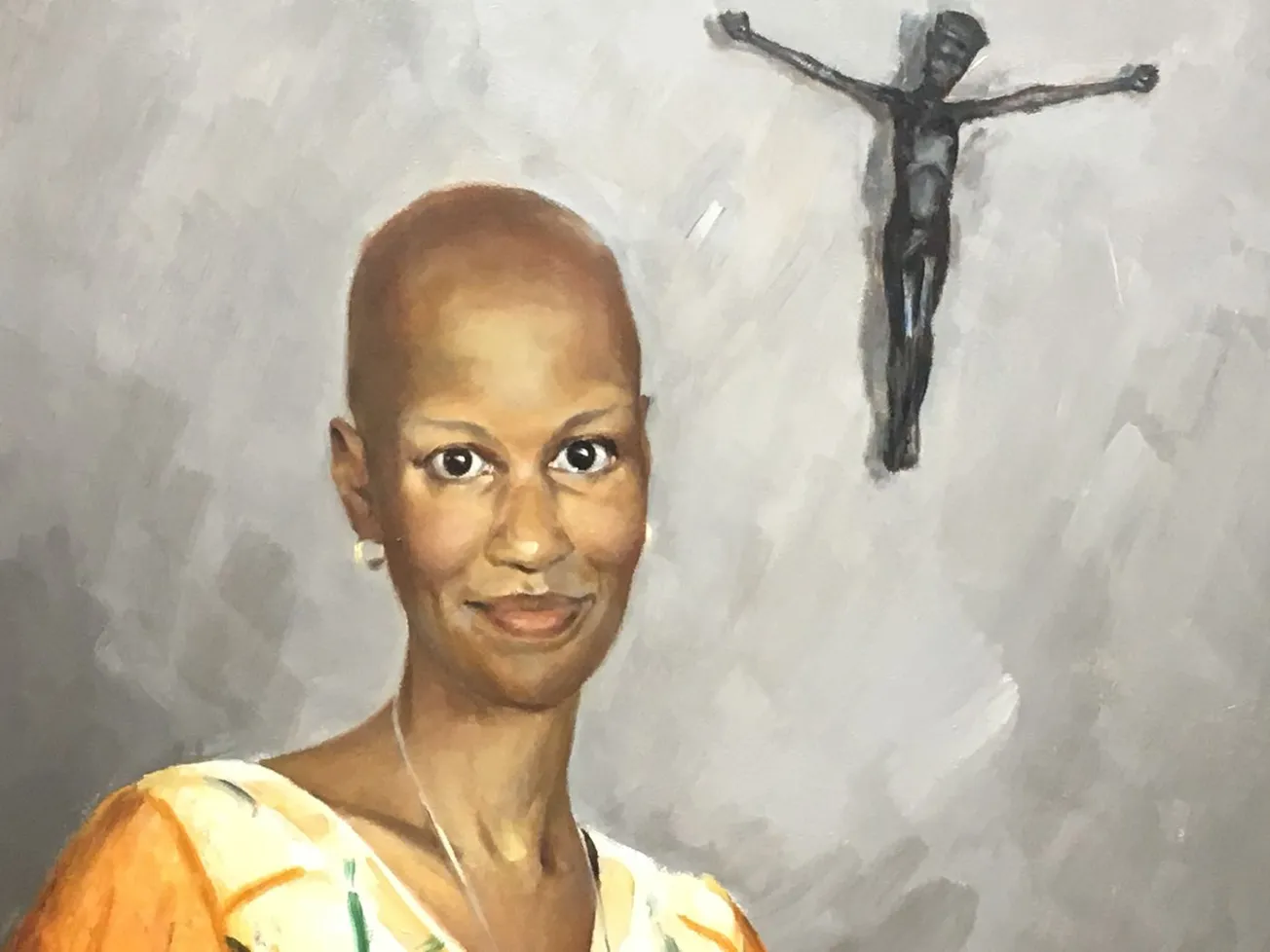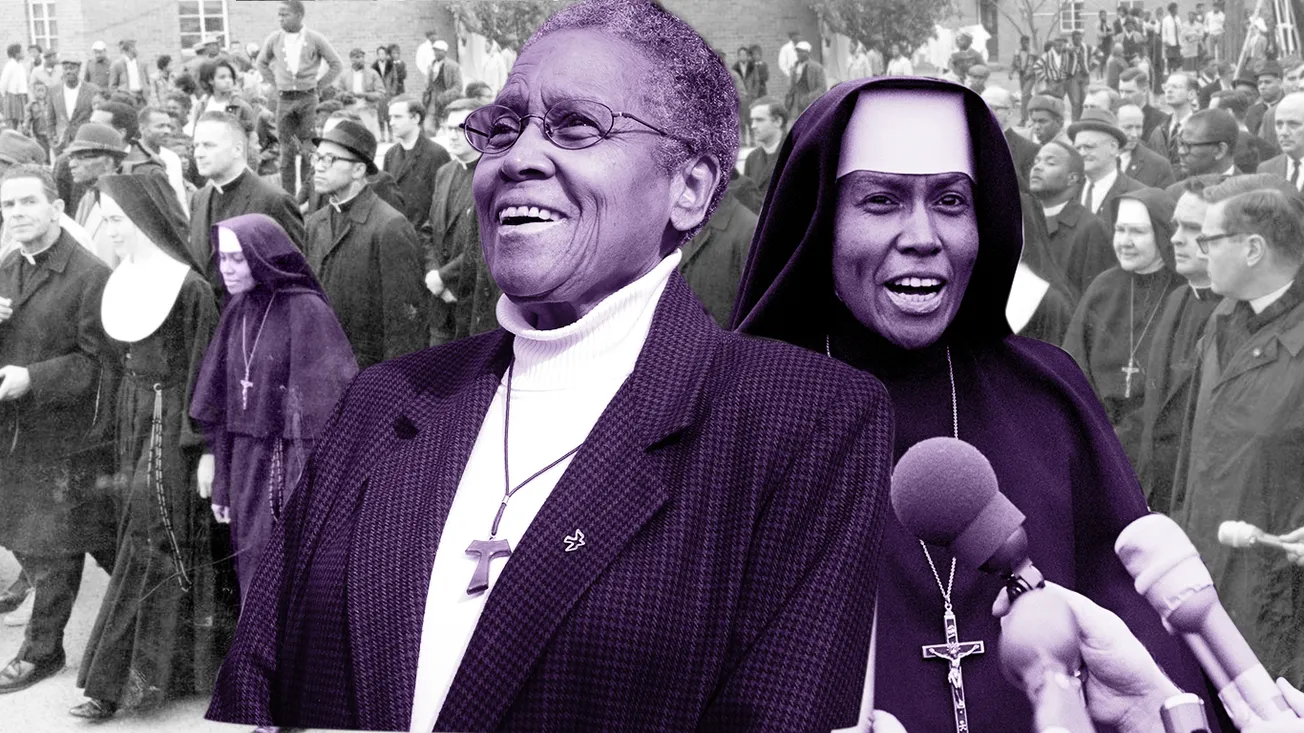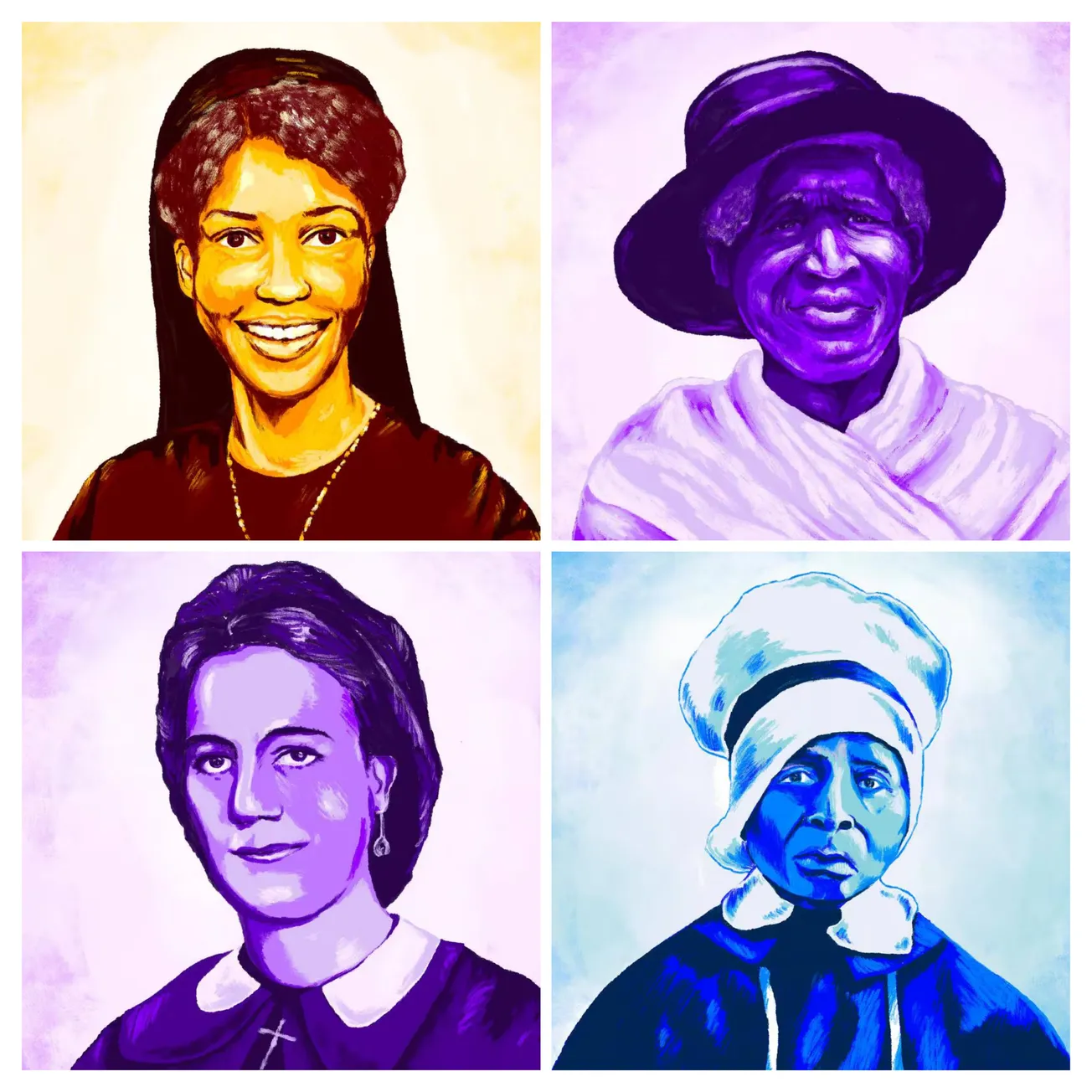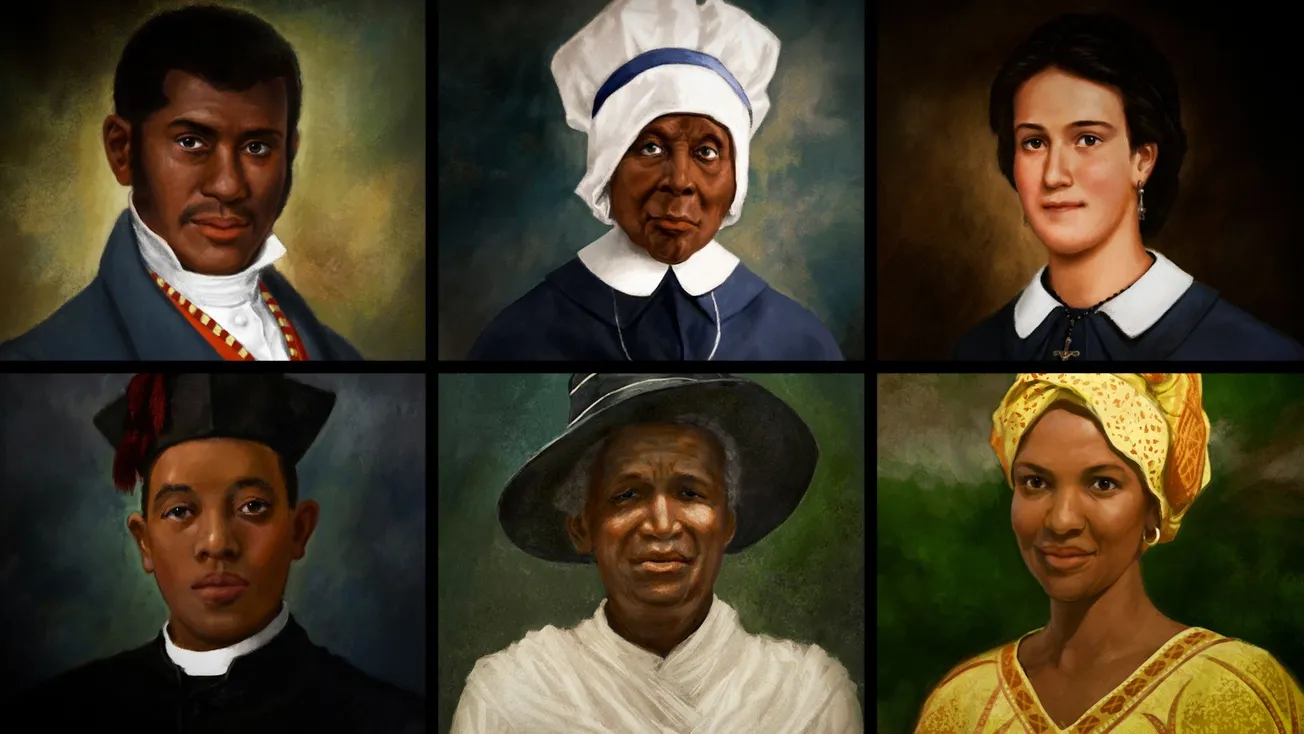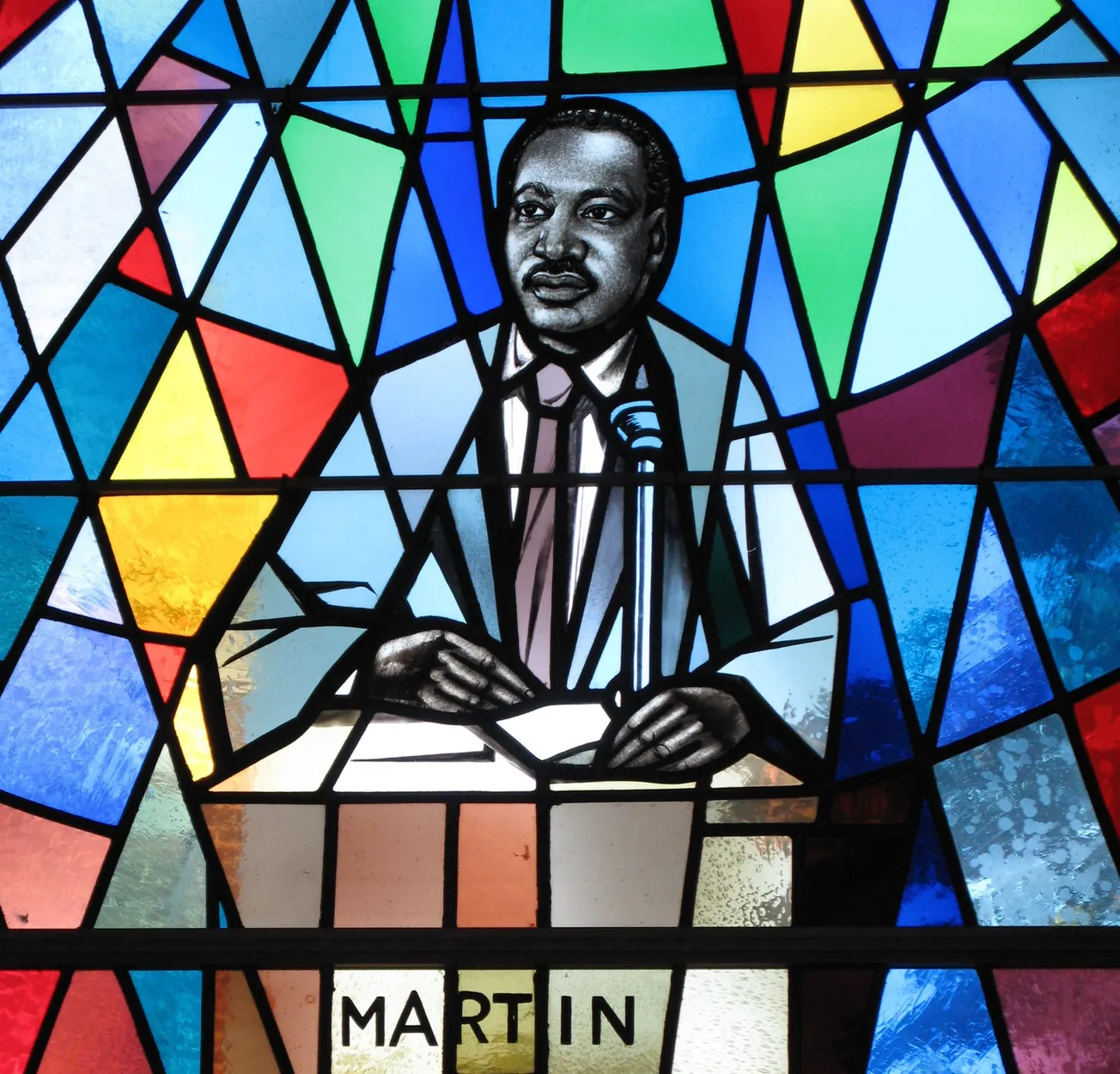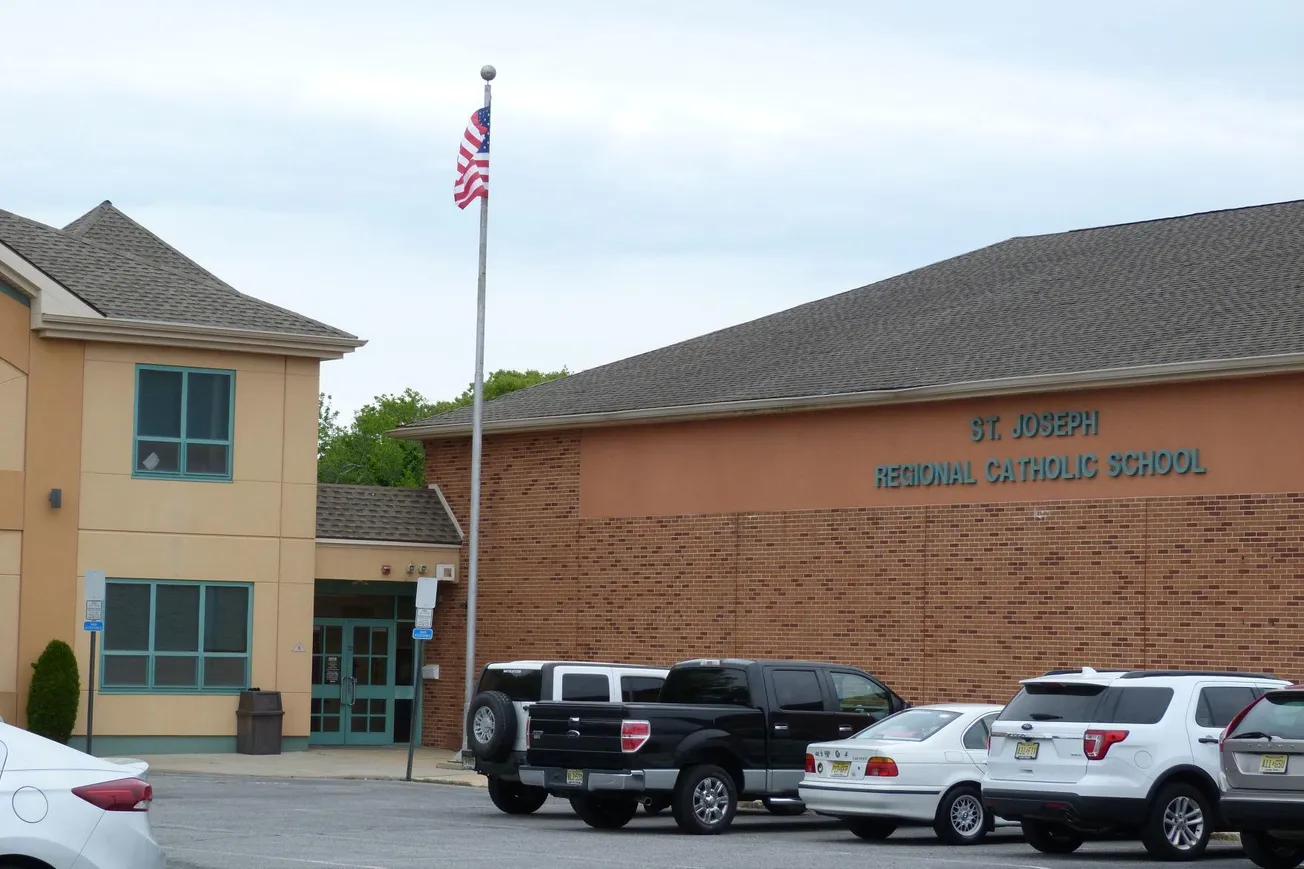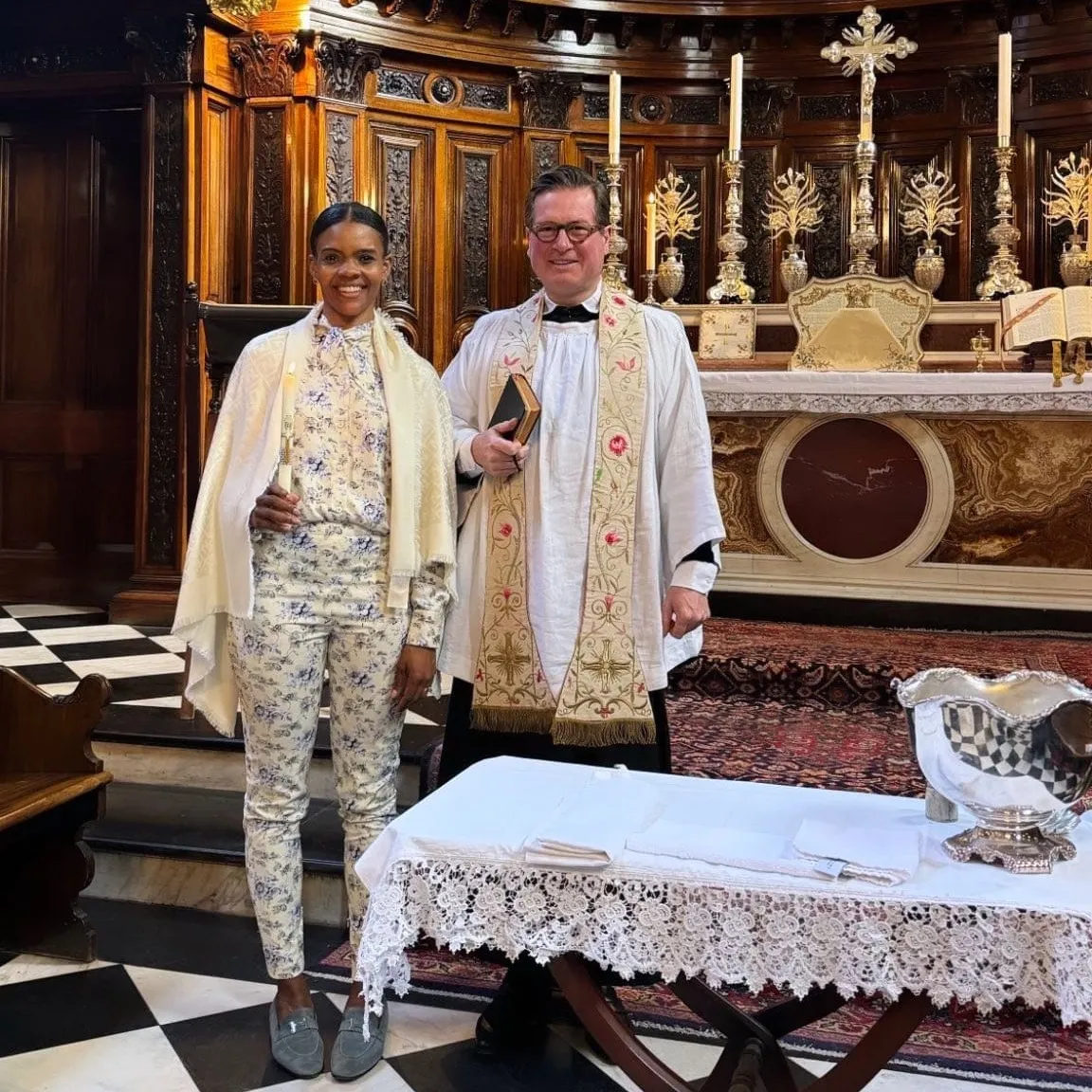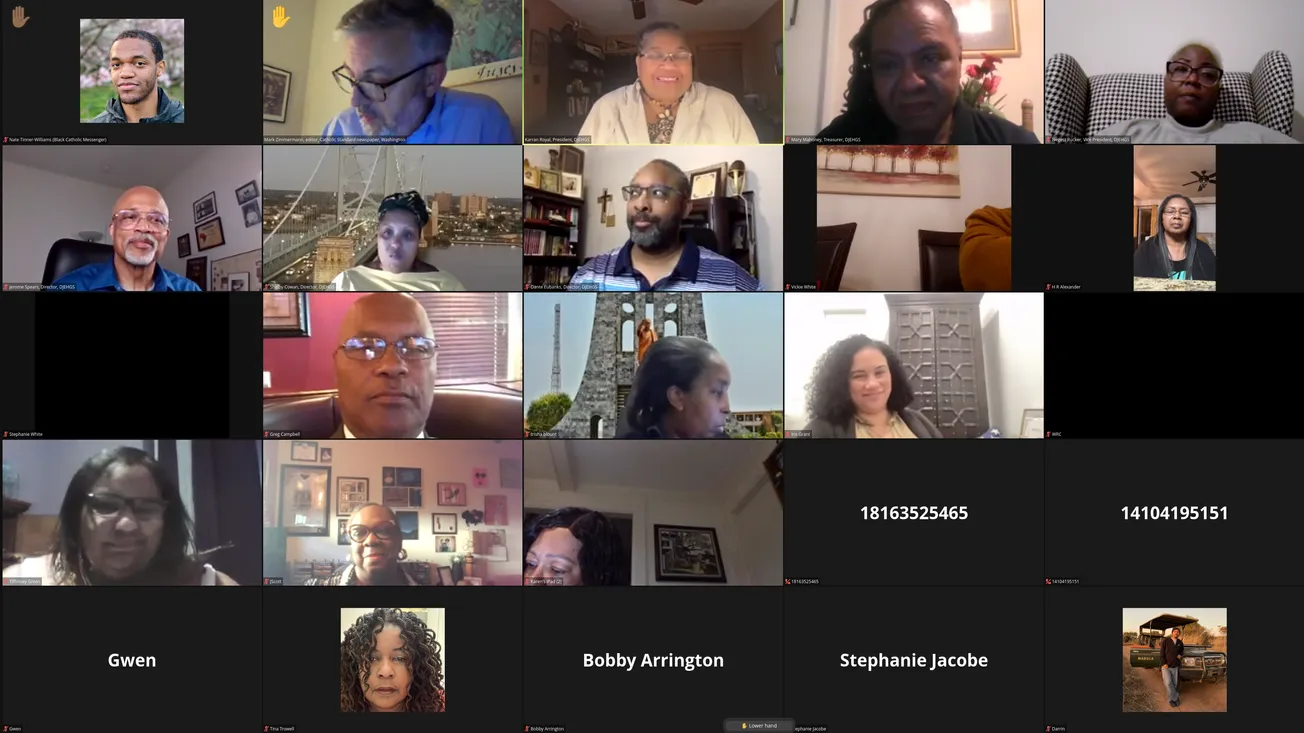Servant of God Thea Bowman is a saint desperately needed in our times. While I plan on writing more on her in these pages, I wanted to offer these short reflections for her feast day.
She taught us all, but especially Black Catholics, how to “live until [we] die.” Significantly, she was a voice crying in the wilderness of American moral life: prophetically proclaiming that the Church can only fulfill its mission and be true to herself when Black people can be fully Black and fully Catholic.
Recently, priests and commentators have openly challenged the existence of a Black cultural identity. To the extent they concede that there is a Black identity, it is only to place it in opposition to Catholic or “good” culture.
When specifically challenged on these racist ideas—when told that we are called to be fully Black and Catholic—one of these commentators said that this was a mistaken teaching of Sr Thea, and that her teaching and devotion should be suppressed.
The main reason? Its “humanist” roots.
But it is precisely Sister Thea’s commitment to humanity that makes her such an important saint for our times and all time. She famously was first drawn to the Church through its charity and humanity, expressed by providing education to her and other children in her neighborhood.
She further spent her academic career exploring the humanity of Sir Thomas More through his writings on death and suffering. More is considered one of the founders of the humanist movement and is a Catholic saint.
During her life as a teacher and preacher, she continued to draw into the Church and highlight the examples of some of the best humanity has to offer—especially in the Black community, like Martin Luther King, Jr. and Malcolm X.
This approach to celebrating the best in the Black community as examples for all humanity is something encouraged and done by several popes. Pope St John Paul II famously stated:
“Dear brothers and sisters: your black cultural heritage enriches the Church and makes her witness of universality more complete.”
And, most recently, Pope Francis explicitly cited the work of MLK as an inspiration for his anti-racist encyclical, Fratelli Tutti. He further put those teaching in action by visiting Iraq and meeting with Muslims and others to celebrate our shared humanity—the image of God reflected in our nature.
When speaking to the 1987 National Congress of the Religious Formation Conference, Sr Thea was asked to speak on the theme of “cosmic spirituality.” As she explained,
“We’re talking about cosmic spirituality. We’re talking about the independence and interdependence of all the world’s people.”
This, of course, requires loving all people and seeing God in them as they are. It requires everyone to love Black people and their culture. She challenged the audience:
“When you come into my community, my town, my world, will you see God’s glory revealed?”
Here we see Catholic spirituality that motivates Catholic participation and adoption of Black Lives Matter. It is the affirmation of that cosmic spirituality that Black lives are lives that reveal God’s glory. Anything that does not treat them this way must be rejected.
I have no problem understanding Sr Thea to be a humanist, just as I have no problem accepting the humanism of St Thomas More. Indeed, their humanism and love of humanity are really to their credit. It points to the Catholic, or “universal”, nature of our Church, and its universal call to holiness.
I’d like to end this reflection on a personal note. Today also marks the death day of my abuelo, who died last year. He was poor, hardworking Indio, born out of wedlock in a harsh and judgmental Venezuelan society. He fell in love with and married my abuela—a beautiful, Black Venezuelan woman whose life was scarred by the scourge of racial hatred and violence.
Both were the spiritual heart of our family. My abuela died many years ago from cancer, but she always felt close to us with my abuelo here. When he died last year, I wondered how we would go on, in our faith—especially in light of the US Church amplifying so much racism this past year.
But it was shortly after he died that I ran across this video of a Black woman, sickly but full of joy, with a voice, cadence, and face like my abuela’s. She was singing and crying out to the bishops for her people. It was the consolation I thought I’d never find in the Church!
St Josemaría Escrivá is famous for viewing “coincidences” in the spiritual life ironically. There are no real random coincidences in the spiritual life. I know that my abuelos and Sr Thea sent that video to me when I needed it most. And I hope to one day see them all, along with a beautiful and diverse gathering of all peoples, in heaven.
Servant of God Sister Thea Bowman, pray for us!
Gunnar Gundersen is an attorney in Newport Beach, CA. He serves in his parish council and choir, is a published essayist, and regularly lectures on natural law and the American Founding. He is also the first Ordinariate member of the Knights of Peter Claver and is starting their first council in Orange County. Follow him on Twitter at @GBGundersen.


